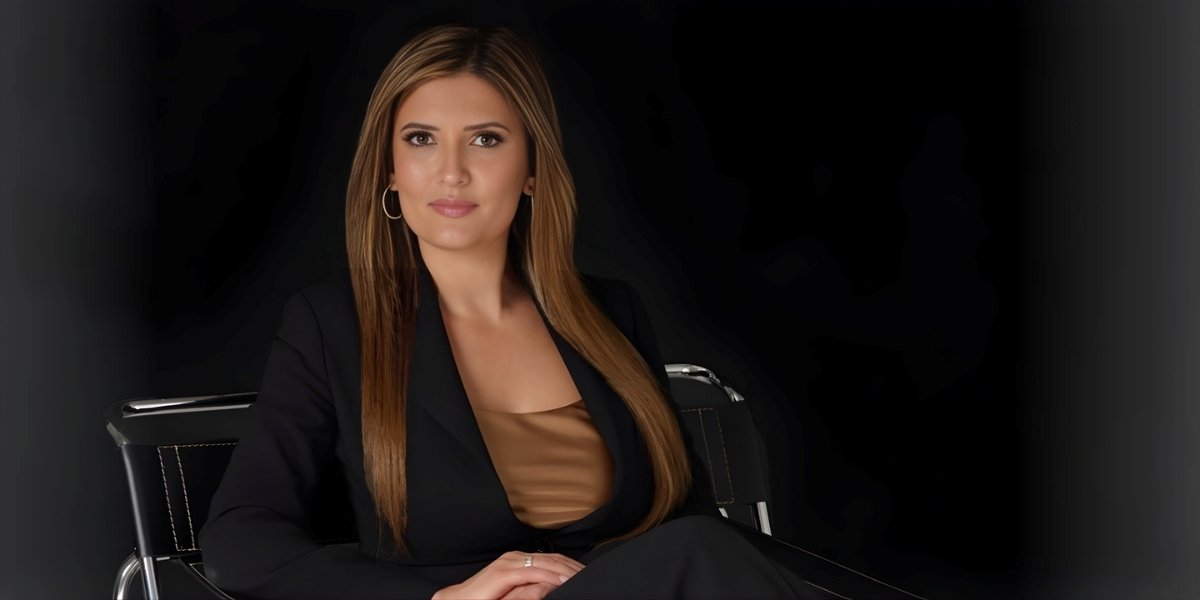The worlds of professional wrestling and acting, while seemingly distinct, share a common thread: the art of performance, storytelling, and captivating an audience. Over the years, many professional wrestlers have successfully made the leap from the squared circle to the silver screen, taking on acting roles in movies and television. This pillar explores the phenomenon of professional wrestlers transitioning into actors, examining the transferable skills that aid this shift, the challenges they face, and their impact on both industries.
Read Also: The Crucial Role of VFX Companies in Entertainment
Transferable Skills
The transition from wrestling to acting isn’t as abrupt as it may seem. In fact, many of the skills wrestlers develop on the mat prove to be valuable assets in the world of acting.
Physicality
Professional wrestling demands exceptional physicality—wrestlers must not only be athletes but also performers who can tell a story through movement, choreographed combat, and expressions. These physical storytelling skills are easily translatable to the screen, especially in action roles where a strong, athletic presence is essential.
Charisma and Audience Engagement
A key component of professional wrestling is the ability to engage and entertain an audience. Wrestlers are masters of charisma, using their personality and mic skills to connect with fans. This natural charm carries over into acting, where engaging the audience and commanding attention is just as important as delivering lines.
Improvisation and Adaptability
Wrestling often requires performers to improvise, whether reacting to an unexpected crowd response or making on-the-fly adjustments in the ring. This skill is particularly useful in acting, where the ability to adapt to changing circumstances on set or in a scene can be crucial to the success of a performance.
Embodying a Character
Both wrestling and acting require an ability to embody a character and bring them to life. Whether playing a villain in the ring or a hero on the big screen, wrestlers have already honed the skills of transforming into larger-than-life personas, which makes them adept at playing various roles in film and TV.
Breaking Stereotypes
While wrestlers possess the necessary skills to succeed in acting, their transition isn’t always seamless. Early in their careers, many wrestlers face significant challenges in being taken seriously as actors, often struggling with the baggage of their wrestling personas.
Overcoming Typecasting
Wrestlers are often typecast based on their larger-than-life characters in the ring. Audiences may struggle to view them as anything other than the persona they portrayed in their wrestling careers. Wrestlers like Dwayne “The Rock” Johnson and John Cena have faced this challenge head-on, diversifying their roles to prove their range and versatility as actors.
The Strategy to Prove Their Range
To overcome these initial barriers, wrestlers have to take on a wide range of roles, from action stars to comedic actors and even dramatic leads. By embracing diverse characters and genres, wrestlers can showcase their acting talent and break free from the limitations of their wrestling identity. The key is to take on roles that challenge them and allow them to display emotional depth and complexity.
Success Stories
Many professional wrestlers have made significant strides in Hollywood, moving beyond their wrestling careers to establish themselves as successful actors.
Dwayne “The Rock” Johnson
Arguably the most successful wrestler-turned-actor, Dwayne Johnson transitioned from the WWE ring to become a global film star. Known for his charisma, athleticism, and strong screen presence, Johnson’s film career has included major action roles in The Fast and the Furious franchise, Jumanji, and Hercules. He has proven that wrestlers can move into Hollywood and become major box office draws.
John Cena
Another WWE superstar who has found success in Hollywood is John Cena. Cena’s roles in films like Trainwreck, Bumblebee, and Fast & Furious 9 have shown that he can handle both action-packed roles and comedic performances. His natural humor and charm have made him a popular choice for family-friendly films, and he’s proven himself to be a versatile actor in both mainstream blockbusters and independent films.
Other Notable Wrestlers in Hollywood
Stone Cold Steve Austin has had success in action films like The Expendables and The Condemned.
Batista, known for his role as Drax the Destroyer in the Guardians of the Galaxy franchise, has transitioned into a respected actor in Hollywood, earning praise for his performances in Blade Runner 2049 and Dune.
These wrestlers have successfully carved out niches for themselves in the entertainment industry, proving that the transition from professional wrestling to acting is both possible and profitable.
The Appeal to Audiences
Wrestlers often bring a built-in fanbase with them when they move into acting. Fans who followed their wrestling careers are eager to see their favorite wrestlers in new roles, and this established audience loyalty provides a significant advantage in Hollywood.
Larger-Than-Life Personalities
Wrestlers are trained to be larger-than-life personalities, which can make them magnetic figures on screen. Audiences are often drawn to their confidence, energy, and charisma—traits that they have spent years developing in the wrestling ring.
Audience Expectations
Fans expect wrestlers to bring the same intensity and drama to the screen as they did in the ring. The transition to acting allows wrestlers to showcase their charismatic performances and commanding presence, making them appealing to a broad range of audiences, from action fans to comedy lovers.
The Physicality Factor
Wrestlers are often called upon to use their athleticism and physicality in action roles. Their training in the ring makes them well-suited for roles that require physical prowess, including fight scenes, stunts, and demanding action sequences.
Physical Demands of Action Roles
While the physicality of acting is different from wrestling, wrestlers’ backgrounds allow them to handle complex stunts, fight choreography, and physically demanding roles. Their experience in performing high-impact moves makes them naturally suited for action roles that require precision, strength, and stamina.
Navigating Different Performance Styles
The transition from the exaggerated, theatrical style of professional wrestling to the nuanced demands of acting requires adjustment.
Shifting from Exaggeration to Subtlety
In the world of wrestling, performances are larger than life and driven by exaggerated personalities. Acting in film and television, however, demands more subtlety and depth. Wrestlers must adapt to the nuanced storytelling in acting, where gestures, expressions, and dialogue delivery must carry weight without over-the-top theatrics.
Training and Technique
Wrestlers often undergo acting training to refine their technique, learning how to adjust their performances to fit the more intimate nature of film and television. This might involve studying character development, emotional expression, and learning how to connect with an audience in a more personal, grounded way.
The Crossover Impact
The presence of wrestlers in Hollywood has had a mutually beneficial impact on both the wrestling and film industries.
Elevating Wrestling’s Profile
As wrestlers gain recognition in Hollywood, they bring increased attention to professional wrestling. WWE, in particular, benefits from the cross-promotion, with superstars becoming even bigger cultural figures and attracting new fans to the sport.
Read Also: From Actors to Entrepreneurs: The Business of Celebrity Power in Hollywood
Expanding Hollywood’s Appeal
Wrestlers who have made successful transitions into acting help bring a unique audience to films. Their loyal fanbase can significantly impact box office sales, and their established personalities can add a layer of authenticity and intensity to action-packed films.
The transition of professional wrestlers into successful actors highlights the overlap between performance in wrestling and film. Wrestlers possess a unique set of skills that make them well-suited for acting, including charisma, physicality, and storytelling. Their success in Hollywood reflects the evolving nature of fame and performance, showing that the worlds of wrestling and acting are more interconnected than they initially appear. Whether in action films, comedies, or dramatic roles, wrestlers have proven that they can thrive on the big screen, just as they did in the ring.














